As the coronavirus outbreak continues to grow, one of the biggest fallouts Canadians have been faced with is the spread of misinformation and fear. Government officials are looking for ways to combat the issue, but Chinese Canadian restaurants in particular have been reporting up to 80 per cent drops in business.
The topic of food insecurity was in the news again this week after data compiled by a Statistics Canada research team revealed that Newfoundland and Labrador now has the highest rate of food insecurity among Canadian provinces. While the province hasn’t indicated any plans to reinstate its former Poverty Reduction Strategy, members of the community are rallying in hopes to affect change.
Lastly, a University of Toronto professor has developed a groundbreaking way to synthesise used cooking oil into high quality resin for 3D printing. The professor and his team were looking for ways to mitigate the cost of commercial-grade resin, and somewhat surprisingly, McDonald’s came to their aid.
Here are five stories you might have missed in food news this week.
Chinese Canadian businesses face fallout from coronavirus
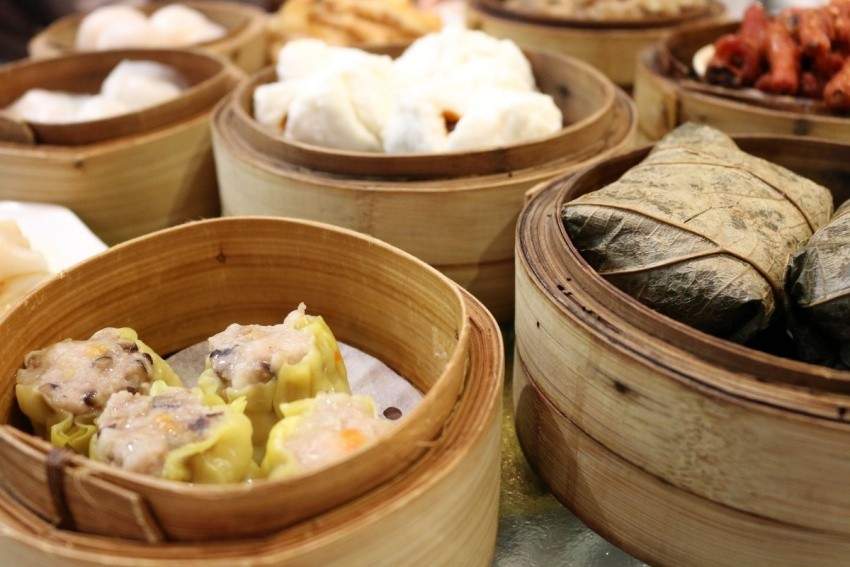
Since the outbreak of coronavirus in Wuhan, Chinese restaurants across the country have faced significant backlash due to widespread misinformation and misconceptions. The fallout has seemingly hit Vancouver and Toronto the hardest, with some restaurants reporting drops of up to 80 per cent. Only eight Canadians have been diagnosed with coronavirus and none have been fatal.
Find out more at CBC News.
McDonald’s used oil repurposed into resin for 3D printing
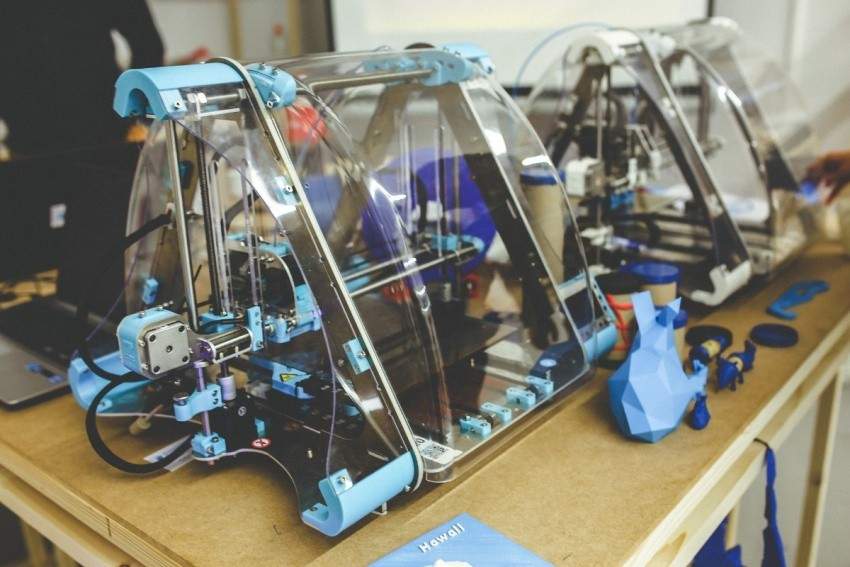
A University of Toronto professor has found a way to convert cooking oil into high quality resin used for 3D printing. In an attempt to mitigate the recurring cost of commercial-grade resin, the professor and his team asked nearby fast-food restaurants to supply a large batch of used cooking oil, and McDonald’s was the only one to agree.
After multiple attempts, the team successfully printed a high-quality butterfly with details as minute as 100 micrometers in size. The professor has estimated the resin can be sourced for as cheap as 30 cents per liter of waste oil.
Find the full story at CNN Business.
Newfoundland and Labrador now has the highest rate of food insecurity among Canadian provinces
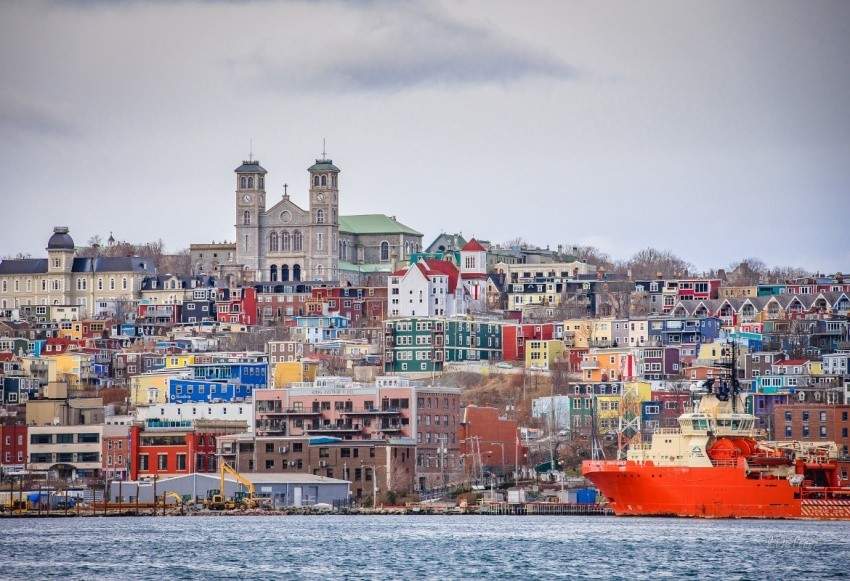
According to data from Statistics Canada, Newfoundland and Labrador now has the highest rate of food insecurity among Canadian provinces. While no decision has been made by the provincial government on implementing a new poverty reduction strategy, community members have been encouraged to offer input at a general meeting on February 25.
Find out more at CBC News.
Walmart Canada launches food security campaign
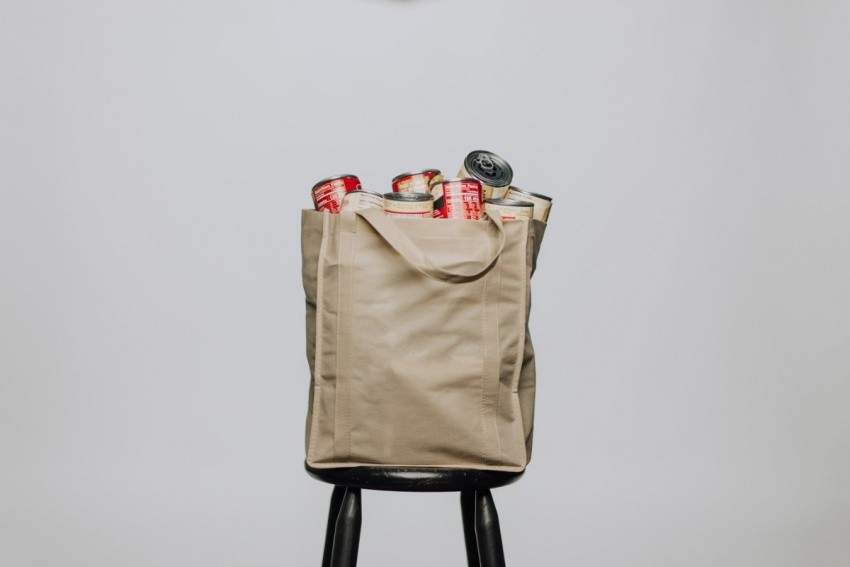
Walmart Canada has launched its fourth annual Fight Hunger. Spark Change campaign, which aims to provide 15 million meals to families in need. Walmart stores across the country are now accepting non-perishable food donations, and this year, Walmart has also pledged to contribute up to $1 million to Food Banks Canada.
Find the full breakdown at Newswire.
Jacek Chocolate Couture awarded government funds
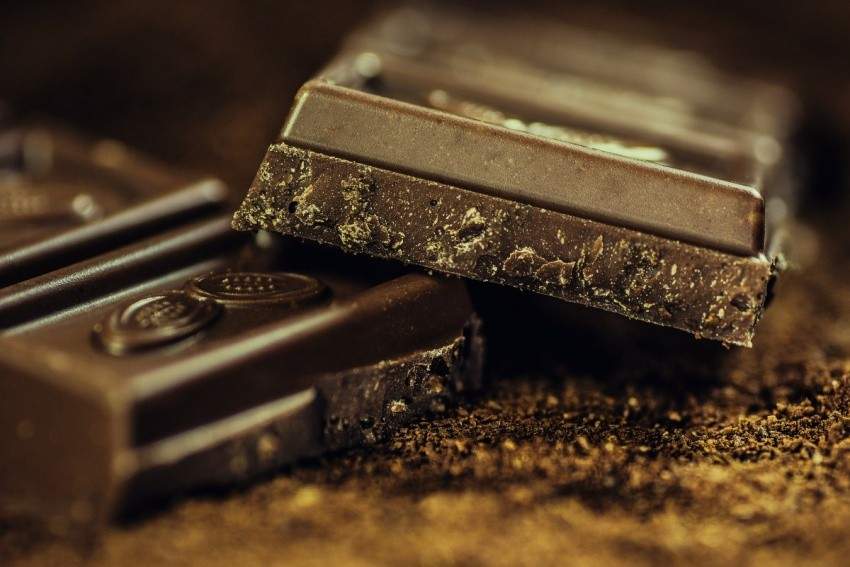
Jacek Chocolate Couture, an award-winning artisan and craft chocolate company based in Sherwood Park, Alberta, will be receiving up to $116,238 from the Canadian and Alberta governments through the Canadian Agricultural Partnership. The funds will help expand production and reduce environmental impact.
Head to Food in Canada for more.













